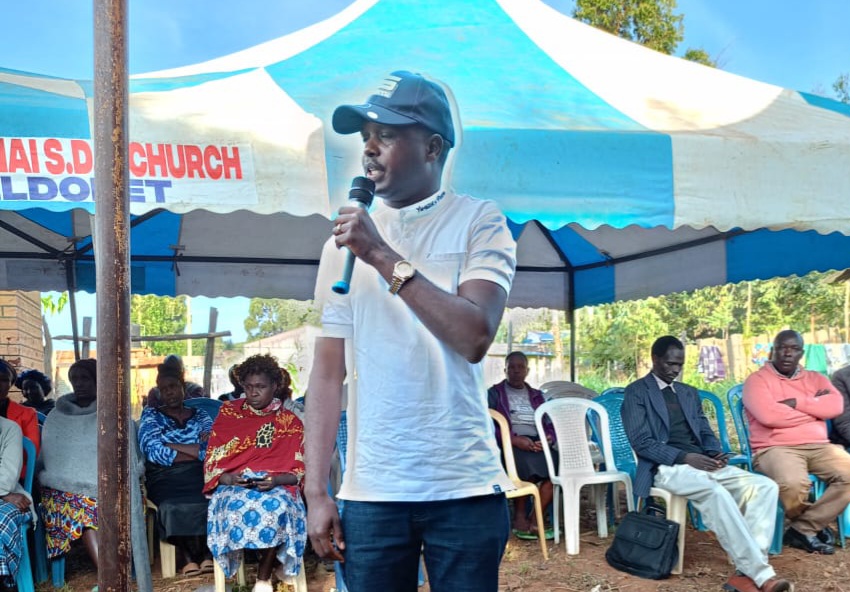Youth Representation Under Scrutiny: Nominees Criticized for Lack of Advocacy

By Norbert Kipkemboi Ng’etich, Uasingishu County Youth
In a stark critique of the current youth representation landscape, concerns have been raised over the perceived disconnect between the nominated youth leaders and their responsibility to advocate for youth interests. The sentiment was echoed by a significant section of the public, highlighting a perceived failure in adequately advising the president on matters pertinent to the youth demographic.
Critics argue that the nominated youth have fallen short in their mandate to represent the interests of young people effectively. Key grievances include a lack of transparency regarding which Members of Parliament, Senators, and Members of County Assemblies specifically champion youth causes. This informational deficit has left many youth feeling alienated and unrepresented within the political sphere.
Moreover, concerns have been raised regarding the absence of structured youth dialogues since the formation of the current government two years ago. The lack of these dialogues, which traditionally serve as platforms for youth engagement and policy formulation, has exacerbated frustrations among young citizens.
A recurring theme in the criticism is the perceived superficiality of some youth representatives’ engagement with the public. Instead of prioritizing substantive advocacy, critics accuse some nominees of showcasing lavish lifestyles on social media, which they argue undermines the credibility of youth leadership.
The current state of affairs has prompted calls for a reassessment of how youth leaders are nominated and held accountable. Stakeholders emphasize the need for nominees to demonstrate a genuine commitment to youth issues, transparently communicate their actions, and actively engage with the youth constituency they represent.
As discussions on the role and effectiveness of youth representatives continue to gain momentum, stakeholders are hopeful that these critiques will spur meaningful reforms aimed at enhancing youth participation and representation in governance.
For now, the debate remains centered on bridging the gap between the aspirations of the youth and the effectiveness of their representatives, with calls for tangible actions to ensure that the voices and interests of young people are not only heard but also actively addressed in policymaking and governance.





